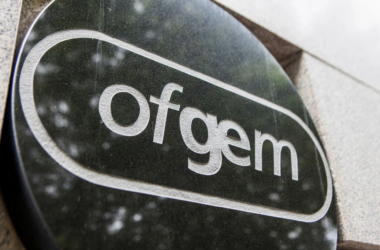In a groundbreaking development, the Dutch parliament is poised to take a crucial step towards requiring King Willem-Alexander and his family to pay income tax. The proposed plan, which necessitates a constitutional amendment, has sparked spirited debates among lawmakers, reflecting a potential shift in the centuries-old tradition of tax exemption for the Dutch royal family.
Lawmakers are set to vote on Tuesday on the initial motion, a pivotal move that seeks to prompt the government to propose a constitutional change. The proposal would then necessitate the support of two-thirds of both houses of parliament, marking a significant departure from the longstanding practice of tax immunity for the royal family. Sandra Beckerman, a lawmaker from the left-wing Socialistische Partij, aptly captured the sentiment, stating, “A blue envelope for blue blood,” alluding to the tax letters arriving in Dutch mailboxes.
The motion, requiring a simple majority to pass, appears to garner sufficient backing in the House of Representatives. However, uncertainties loom over the level of support in the Senate. The Farmer-Citizen Movement (BBB), the most prominent Senate fraction, leaned towards supporting the motion during Thursday evening’s debate but stopped short of endorsing it. Geert Wilders, a far-right Dutch politician, and leader of the nationalist party that won the parliamentary election in November, expressed favor for the tax change, contrary to the stance of outgoing Prime Minister Mark Rutte, who views a constitutional amendment as “too complicated.”
Supporters of taxing the royal family hope that the prospect of a new coalition government, yet to be formed, might lead to a paradigm shift in this age-old tradition. While the initial motion faces hurdles, its passage could set in motion a reevaluation of the financial arrangements for the Dutch monarchy.
As of 2024, the royal family, including King Willem-Alexander, Queen Maxima, Princess Amalia (future heir), and former Queen Beatrix, received a combined total of 11.6 million euros ($12.61 million). Notably, Princess Amalia, currently a 20-year-old student at the University of Amsterdam, expressed her intent to reimburse her share of 1.8 million euros as long as she remains a student.
The royal family’s popularity has faced challenges, particularly in the wake of criticism for international travel during the COVID-19 pandemic. A poll by public broadcaster NOS in the previous year revealed a decline in public support for the monarchy, dropping from 70% to 55%. Additionally, only 46% of respondents expressed confidence in the king.
The potential move to tax the Dutch royal family draws historical parallels with Queen Elizabeth of Britain, who, in 1992, responded to criticism about royal wealth by offering to pay income tax for the first time. This precedent sets the stage for a reexamination of financial norms within European monarchies.
The upcoming parliamentary vote on the initial motion represents a crucial juncture in the evolving relationship between the Dutch monarchy and taxation. The discussions underscore broader debates around financial transparency, public expectations, and the adaptation of longstanding traditions to contemporary values. The outcome could shape the future fiscal landscape for the Dutch royal family, challenging historical norms and aligning the monarchy with the changing dynamics of public opinion and governance.








